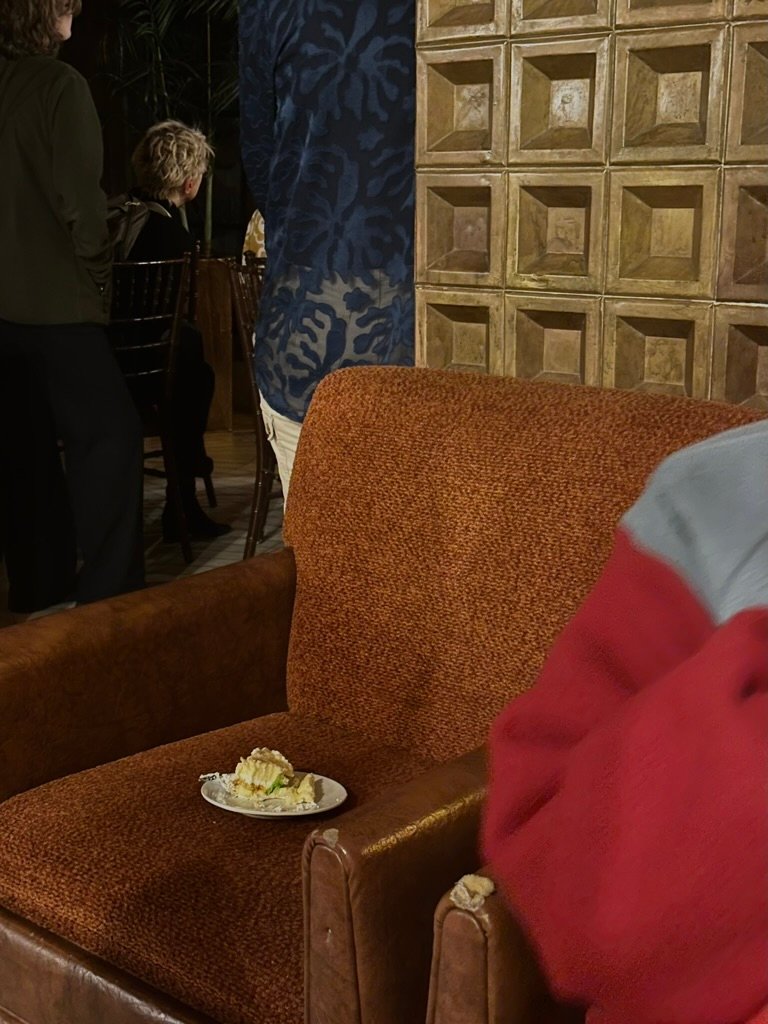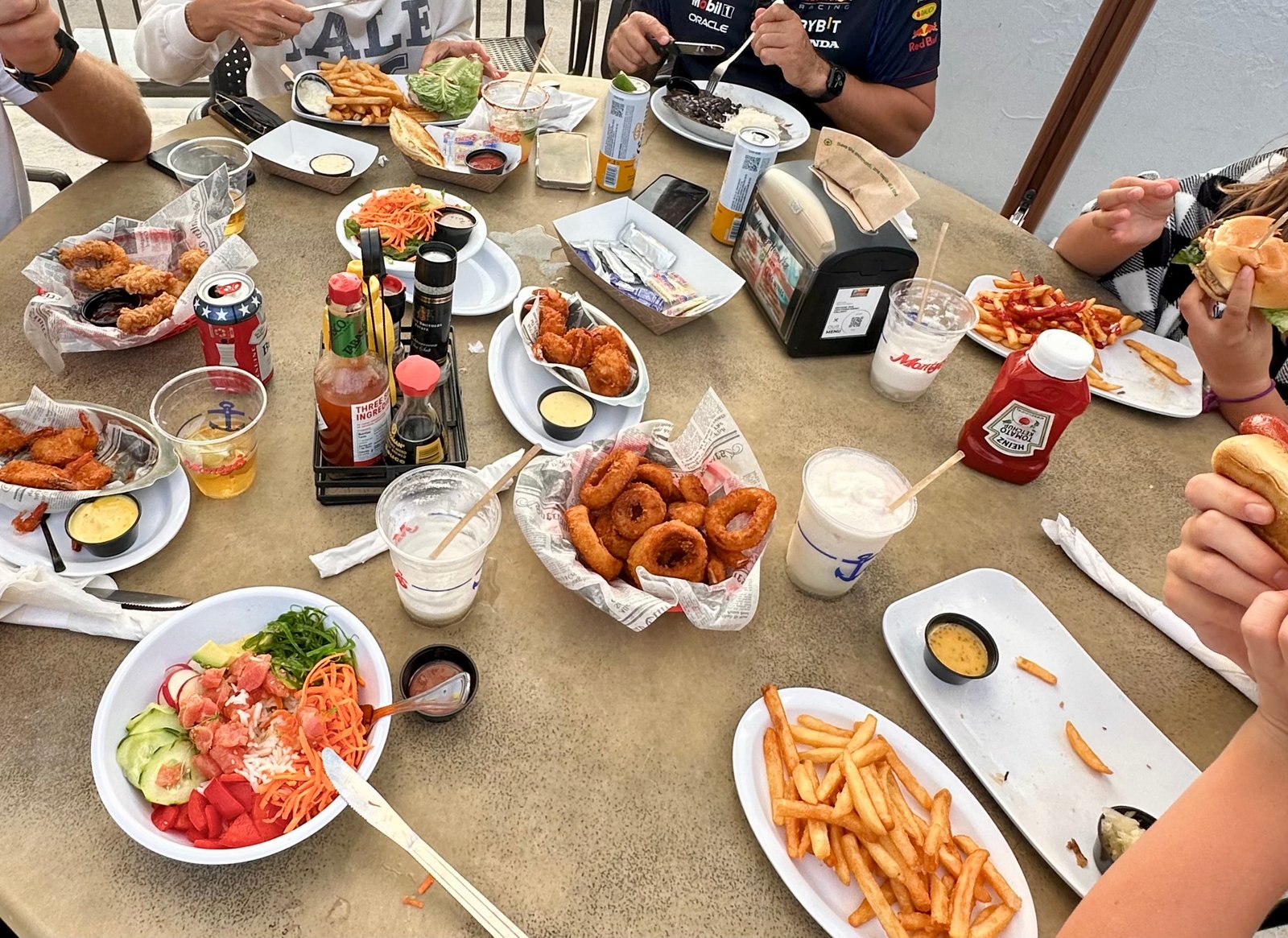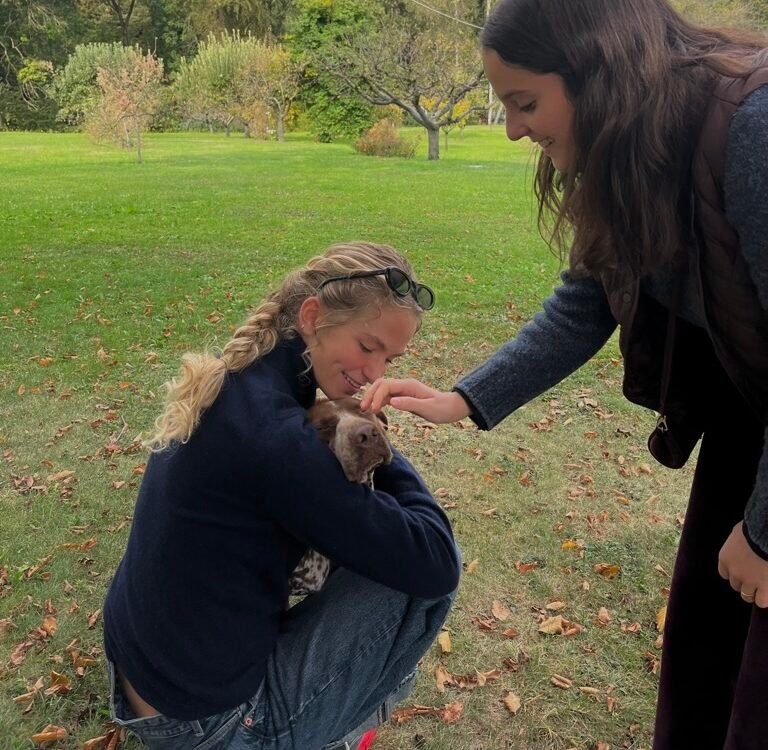Overthinking. Isn’t that something we all fight with? That relentless, exhausting voice inside your head: one moment whispering, “Go for it,” the next screaming, “Don’t even think about it.” A constant conflict, a civil war in our own minds. And the truth is, it’s killing us—from the inside out.
Ours is a generation of contradiction. We pride ourselves on openness, on tackling emotional struggles head-on. But let’s face it—we’ve also labeled problems that don’t even exist, grasping for diagnoses to rationalise feelings we don’t understand. Are we truly more self-aware, or are we just more confused? Do we really know what’s happening inside our own heads?
I don’t think we do.
Fight Club got it right back in 1999:
“We’re the middle children of history, man. No purpose or place. We have no Great War. No Great Depression. Our Great War’s a spiritual war… our Great Depression is our lives.”
Think about it. We were raised to believe we were special. That we’d conquer the world, become millionaires, rock stars, geniuses. But slowly, agonisingly, we’ve realised that isn’t our reality. Most of us won’t achieve those dreams. And that realisation is suffocating, isn’t it? We’re angry. We’re lost. And we don’t know who to blame—ourselves, society, the lies we were fed?
Viktor Frankl said it best when he wrote:
“Unlike animals, instinct no longer tells man what he must do. Unlike in earlier times, tradition no longer tells him what he ought to do. At the end of the day, he doesn’t know what he truly wants. So he either does what everyone else is doing—conformism—or does only what others demand of him—totalitarianism.”
Isn’t that us? A generation floating in a limbo of meaninglessness. We crave authenticity, yet we drown in curated social media feeds. We yearn for purpose, but we’re terrified of committing to anything that might define us. We don’t know what we want, so we either mimic the masses or lose ourselves in the expectations of others.
Our minds are battlegrounds, endlessly overanalysing every choice, every emotion. “Should I have said that?” “Am I doing enough?” “Am I enough?” And the worst part? We’ve weaponised our own thoughts. We overthink our dreams until they feel unattainable. We overthink our emotions until they seem irrational. We overthink everything until the paralysis sets in, leaving us stuck, empty, exhausted.
This overthinking, this constant mental noise—it’s not just a quirk of modern life. It’s a symptom. A symptom of a deeper problem: our collective search for meaning in a world that offers us everything and nothing at once.
What happened to the simplicity of instinct? To the clarity of tradition? Maybe it wasn’t perfect. Maybe it wasn’t even fair. But it provided direction—a compass we no longer have. Now, we’re navigating uncharted territory with no map, no stars, and a million conflicting voices in our heads telling us which way to go.
And so, we overthink. We spiral. We crumble.
But what if this is also our chance?
What if this chaos, this confusion, this spiritual war is exactly what we need to wake up? To stop overthinking and start living?
Maybe our purpose isn’t handed to us like it was for previous generations. Maybe it isn’t neatly packaged in tradition or instinct. Maybe it’s something we have to create—piece by messy, painful piece.
And yes, that’s terrifying. But isn’t it also liberating?
If we can learn to quiet the noise, to confront the questions that haunt us, maybe we’ll find something worth fighting for. Maybe we’ll discover a purpose that’s ours and ours alone.



Leave a Reply